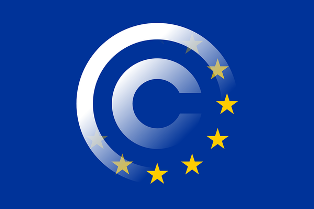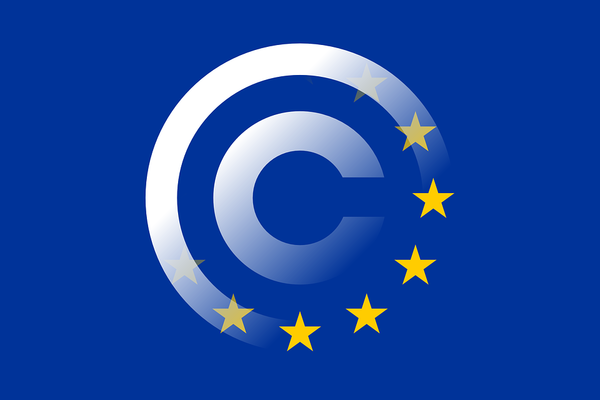
For instance, the proposals address publishers’ share of compensation for uses under exceptions by allowing EU Member States to consider the transfer or licence as sufficient legal basis. This acknowledgement goes some way towards mitigating the repercussions of the CJEU’s judgement in the HP/Reprobel case, which found that ‘publishers are not named rightsholders’ and therefore ‘suffer no harm’ as a result of private copy and photocopy exceptions under EU Copyright Directive 2001/29. On this point, the FEP will seek explicit recognition in the legislation of publishers as rights holders by virtue of their contractual relationships with authors.
In addition, while the Commission’s proposal favours negotiated solutions for out-of-commerce works and illustration for educational purposes, which is a step forward, its preference for an exception over licences with regard to text and data mining was less constructive, as was the absence of clarity on legal access, specifically, that accessing content under one exception does not authorize further use of the same content under another exception.
FEP Director Anne Bergman said: ‘We are encouraged by the proposal’s bid to right the imbalance left by the HP/Reprobel judgement. However, there is still much to do with regard to many of the issues at stake, and the FEP will continue to pursue the right outcomes for European publishers as this process moves forward.’
In the FEP’s press release, issued the day the European Commission released its proposal, FEP President Henrique Mota commented: ‘As a publisher, I invest in talents (…) to publish the best books that will find the widest possible audience. Without the encouragement of authors’ rights, this investment would have much less value. I know that cultural institutions and educators will want to use these books to achieve their purposes. I am happy they want to use the books I publish. And I am happy to negotiate fair and affordable licences. Hopefully, a modernisation of copyright will encourage licensing over exceptions.’
The IPA’s legal counsel, Carlo Scollo Lavizzari, is also analysing the likely positive and negative implications of the EU copyright directive proposal for publishers.

